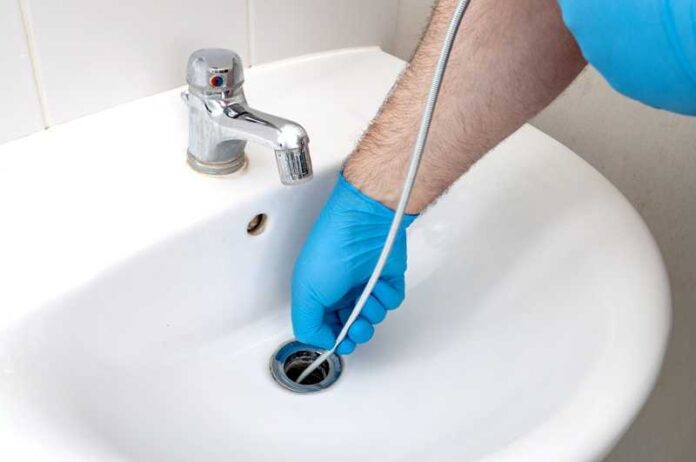
Suppose you’ve lived in your home for a long period or just purchased an older property. In that case, you may be wondering when it’s time to repair some of the pipes in your home’s plumbing system.
While pipes often last decades, some parts may survive just a few years. That’s why it’s necessary to determine whether or not you need to replace your plumbing system. If you’re aware that your pipes haven’t been updated in a while, follow this handy guide to determine the signs when you may need some plumbing repairs.
Water Discoloration
When the water appears orange, red, or yellow, it shows that your water is rusty. There may be plenty of rust in your metal pipes, breaking down pieces and seeping into your water. Rust and corrosion will cause pipes to develop holes over time.
Using or drinking black water has the potential to make you sick. While green water shows the presence of algae in the supply, pink water indicates a certain kind of harmless organism. If you detect rust or corrosion in your pipes, you may click here and search for a team of plumbers to repair any plumbing issue.
Low Water Pressure
If you observe a reduction in water pressure, this may be a sign of plumbing problems. However, it’s difficult to pinpoint the precise cause of low water pressure when showering or using the sink. You may have a clog in your plumbing, or there could be leaks.
Old iron pipes may also be to blame since they may get blocked with rust over time, decreasing the pressure of the water flowing through them. You may start the replacement of PVC for cast iron pipe. If the pipes aren’t the source of the low water pressure, you may check for blocked residues in kitchen faucets or showerheads.
Leaky Pipes
The drain pipe in your home transports waste away from the structure. The drainage system isn’t pressurized. However, it may be damaged by age or wear and tear, resulting in leaks. These leaks are often difficult to detect, and may continue undetected for months or even years.
Depending on the year your house was built, the plumbing system was probably constructed using various materials. Brass, copper, or PVC (polyvinyl chloride) pipes are used in most modern plumbing systems. Regardless of the material, each plumbing material has a life expectancy that you should be aware of to determine when an update is necessary.
Brass and copper supply pipes are anticipated to survive many decades longer than galvanized steel supply pipes. To be precise, pipes made of copper last for 70 to 80 years. While brass pipes, cast iron, and galvanized steel approximately has an 80-100-year life span. The one with the shortest life span is PVC pipe, which can last for 24 to 50 years only.
Clogged Drains
A clogged drain is one of the most frequent indoor plumbing problems. In most instances, drainage systems get obstructed, making it difficult for pipes to remove waste. This is a recurring plumbing issue that you must address quickly.
There are many indicators of a blocked drain. However, it can generally be detected through the use of your three senses: sight, hearing, and smell.
To begin, one of the most apparent indications that a drain is clogged is when you see a sluggish emptying toilet, bath, or sink. If a substantial blockage occurs, water may be unable to flow away. Odors are also a clear indication that your drain is blocked and in need of repair. If anything has clogged and started to decay in your drain, it’ll almost definitely begin to stink.
Lastly, if you hear that the sound of your pipes has changed, this may suggest a clog. Gurgling sounds emanating from toilet flushes, drains, pipes, and plug holes are clear indicators that air has been trapped in clogged pipes. The air is being displaced and pushed upward via the drainage system.
Other clogged drainage issues can’t be DIYed, and, instead, need the assistance of a specialist. In such a situation, you should contact a professional plumber.
Conclusion
If you’re unsure of the age of your fixtures, make an estimate to determine when to replace them. Annual plumbing inspections should be scheduled, and all pipes and fixtures should be thoroughly inspected for holes and cracks.
Take immediate action if you discover a problem with one of your plumbing fittings. Repair or replace the broken parts. If you’re feeling overwhelmed, call a professional plumber to fix the issue. Please make sure to upgrade or replace your plumbing system before it’s too late.

